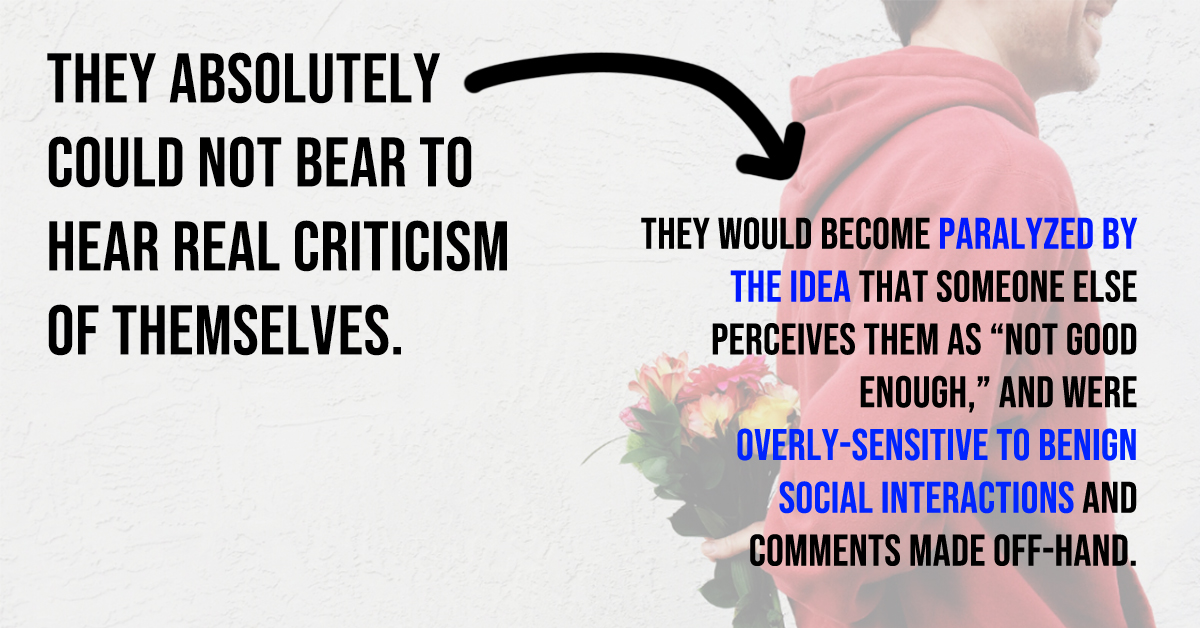
16 Signs Your Ex Was Overly Dependent, In A Toxic Way
They were obsessed with you and just a handful of other people. Their social interactions were mainly composed of others they were dependent on.

1. They always had a problem of some sort, but had little desire to actually want to fix or change it – and would often get angry with you if you tried to suggest a solution. This is because people with dependent personality disorders engage in behaviors that are designed to elicit care-taking. They aren’t going to abandon their mechanism to receive love.
2. They had difficulty making decisions without a ton of reassurance from those around them. In fact, it wouldn’t be a stretch to say that their opinions were the collective of the people they knew. It’s not that they can’t think for themselves, it’s that their primary goal is to receive approval, thus, they adopt the ideals of others they want it from.
3. They are extremely compliant. They rarely expressed their disapproval, until it culminated in a blow up or passive-aggressive resentment of some sort.
4. They had intense, irrational fears about taking care of themselves in basic ways or living on their own. So intense, in fact, that they’d remain in relationships that ensured other people were caring for their essential needs because they are so convinced that they were unable to function.
5. They alternated between having extremely low self-esteem and wanting to prove that they were a really, really “good” person. In fact, their biggest fear was in being perceived as a “bad” person, which in their mind, meant they’d lose love and approval.
6. They portrayed themselves as “innocent” but “stupid.”
7. They were afraid to do basic things on their own, like travel.
8. They were obsessed with you and just a handful of other people. Their social interactions were mainly composed of others they were dependent on.
9. They had an over-the-top reaction to your breakup, even getting to the point that they threatened suicide if you’d leave them. Even if the relationship wasn’t that great, they’d do anything to keep it.
10. They absolutely could not bear to hear real criticism of themselves. They would become paralyzed by the idea that someone else perceives them as “not good enough,” and were overly-sensitive to benign social interactions and comments made off-hand.
11. They had one of two types of a relationship with one or both of their parents: they were either abandoned and developed an anxious, confused attachment, or they were coddled to the point of never being able to develop their own skills to function in life.
12. The relationship they had with their parents in childhood – whichever it was – continues to play out in their adult life today.
13. They’d panic about irrational things, and would refuse to believe that fears could be overcome. They seemed to be controlled by their emotions, but what they were really controlled by was the idea that they had to be broken to receive care.
14. They are attracted to dominating relationships, but at the same time, complain that the problem is that their partner is being too controlling.
15. They clung onto the idea of you for far too long. They were not in love, they were in tremendous fear that they could not function, or receive love, on their own terms.
16. They refused to take responsibility for their lives. Everything was everyone else’s fault, and they were perpetual victims. ![]()











